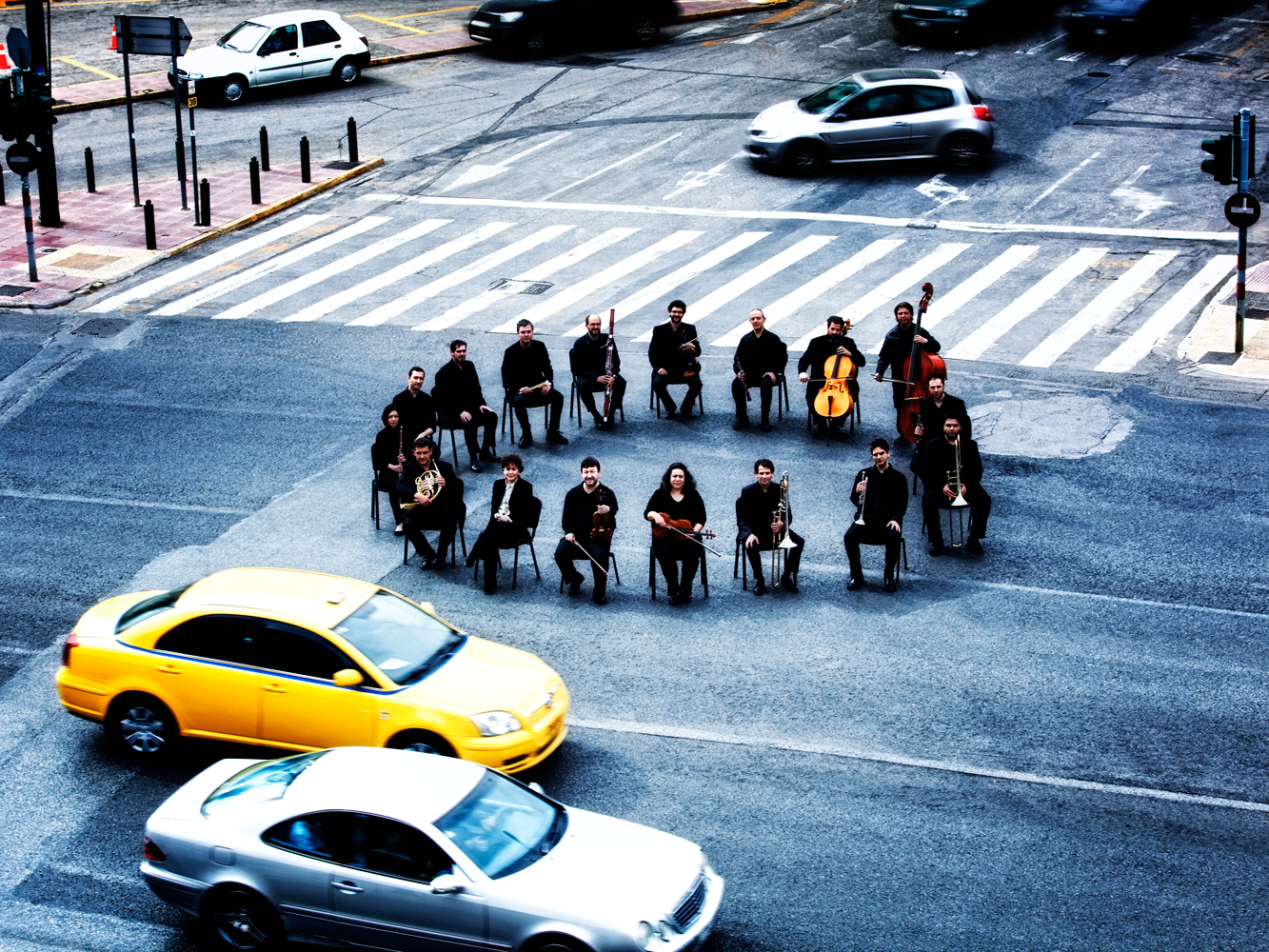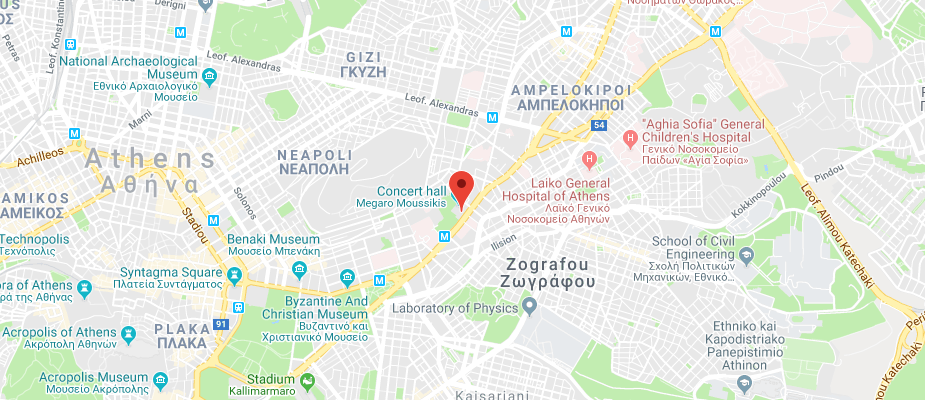Kyklos Ensemble
On the verge of Romanticism
Works by Strauss, Webern, Mahler
The Kyklos Ensemble continue their aesthetic explorations with performances of works which were destined to have a decisive impact on how aspects of 20th-century music would develop.
The first two parts of the concerts are the same on both days. Richard Strauss began to write his Metamorphoses the day after the Vienna Opera was destroyed by the Allies (13 March 1945). He relied on his notes for the Munich Memorial Waltz, which he had started to write after the bombardment (late in 1943) of Munich, where he had lived a large part of his life.
When Anton Webern’s Six pieces for orchestra were first performed in 1909, the audience’s reaction was extremely negative. Twenty years later, the composer reissued the work with significant changes to the orchestration and compositional details.
The Kyklos Ensemble will also be joining forces with two fine opera singers as it attempts to leave its mark on the Greek musical landscape once again . Our journey of metamorphoses from Romanticism to Modernism culminates with the soprano Lenia Zafeiropoulou, who will be performing the Songs of a Wayfarer (Lieder eines fahrenden Gesellen) on the first evening, and the baritone Dimitris Tiliakos, who will be performing Mahler’s Songs on the Death of Children (Kindertotenlieder) on the second.
Mahler composed three of the four Songs of a Wayfarer to verses he had written when his love for the soprano Johanna Richter, whom he had met when he was head conductor of the Kassel Opera, was rebuffed. The original Kindertotenlieder cycle consisted of 428 poems written by Friedrich Rückert as he mourned the death of two of his children. Many decades later (1901-1904), Mahler chose to set five of these poems to music when they were published after Rückert’s death.
Megaron - The Athens Concert Hall (Dimitris Mitropoulos Hall)
- 25/07 until 26/07/2016 at 21:00
MEDIA KIT / PHOTOS
all events
Opera | Music | Theatre | grape | subset | Dance | Education | Αναβίωση | Classical music | Performance | Contemporary music | Contemporary Ancients | Premiere | Greek Debut
Ancient Theatre of Epidaurus | Little Theatre of Ancient Epidaurus | Peiraios 260 | Odeon of Herodes Atticus | Megaron - The Athens Concert Hall | Stavros Niarchos Foundation Cultural Center | Lycabettus Theatre | Greek Art Theatre Karolos Koun | Ancient Theatre of Epidaurus | Exhibition Hall | Athens Conservatoire | Stathmos Theatre | Hellenic Cosmos Cultural Centre Pireos 254 Tavros
all venues



